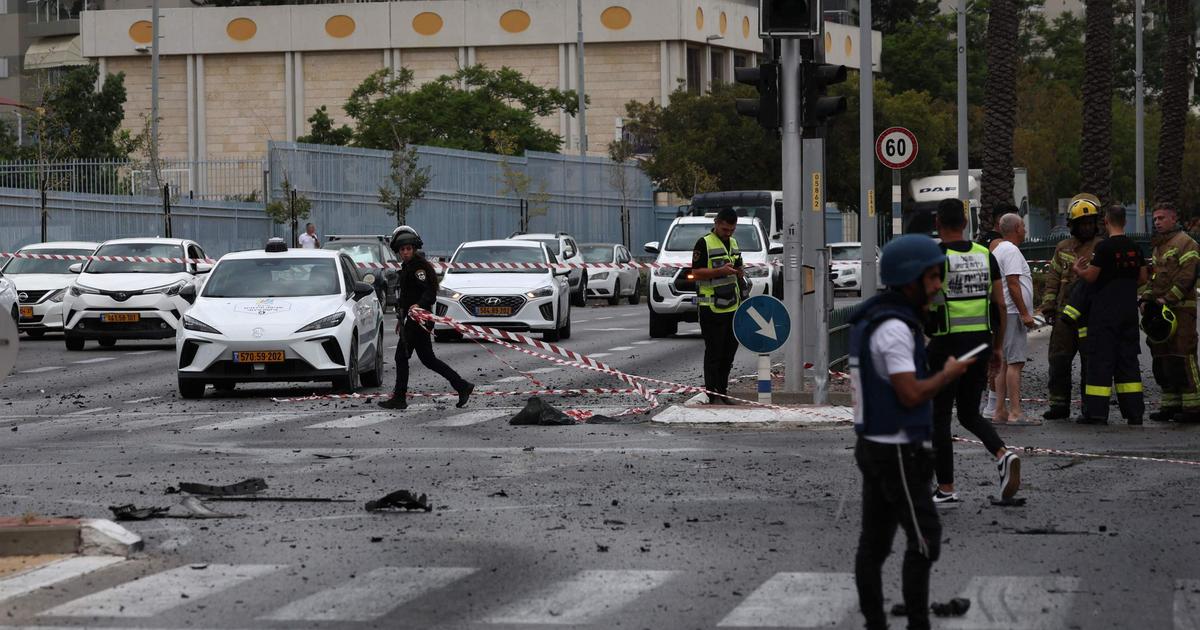«
Hamas made a major mistake this morning. We are in a state of war," Israeli Defense Minister Yoav Galant said Saturday morning, hours after Hamas' attack on Israel. The Palestinian terrorist organization entered Hebrew territory from the sky, sea and land, creating a total surprise effect.
To discover
- LIVE - Follow Hamas' attack on Israel
In response, Yoav Galant quickly declared a state of emergency on 7 October. Later on Saturday night, Israel's security cabinet also announced, in the presence of Prime Minister Benjamin Netanyahu, the formalization of a "state of war." The restricted ministerial council, which deals with security and political affairs in Israel, was acting in accordance with Article 40 of Israel's Basic Law, the Israeli government's press service said.
Before entering into force, the text must be submitted to the Israeli Parliament (Knesset) for approval, a vote that was due to be held on Monday 9 October. The government has also asked the Knesset to approve the activation of emergency regulations that would allow prisoners to be held for long periods of time without being brought before a court, The Jerusalem Post reports.
The state of emergency: curfews and provision of personal belongings
A few hours after the start of the Hamas attack, the defense minister declared a state of civil emergency "within a radius of 0 to 80 km from the Gaza Strip," before extending it to the entire country. The objective: "toavoid clashes on other fronts (...) and avoid unrest at hundreds of points across the country," a statement from the Defense Ministry read. "This will allow law enforcement to exercise additional responsibilities."
In the event of a civil state of emergency, according to the law, the police can effectively impose curfews but also declare no-go zones to citizens without prior warning. It can also order citizens to make their personal belongings and equipment - such as vehicles and weapons - available to law enforcement, AFP reported.
«
It's a capacity to mobilise civilian elements," says Richard Odier. "This includes public goods, food, hotels, tourist residences, vehicles," said the director general of the United Jewish Social Fund (JSF). Under these conditions, police officers have the right to use "reasonable force" against civilians who do not comply with their orders and refuse to surrender their property. While the provisions are important, a state of emergency is not uncommon and has already been declared in recent years.
The State of War: War Economy
Quite exceptional, the state of war had not been activated since the Yom Kippur War in 1973. The provision essentially allows Israeli authorities to carry out "significant military activities," Prime Minister Benjamin Netanyahu's office said Sunday.
It also increases "the coverage of damage reimbursements for civil damages," says Richard Odier, managing director of the FSJU. According to him, this is one of the most important specificities of this status. The state of war thus extends the protective coverage for civilians. This "war economy" protects citizens from the full range of problems caused by the state and society being caught up in conflict.
The state of war also confers the right on the executive "to cancel all events, including cultural ones" and thus to block "civilian activities," Odier said.

